- Youth for a sustainable future
The climate crisis does not allow a postponement of action. When the tipping points towards self-enhancing global warming are approaching, rapid and drastic measures are necessary. Not at some point or other, but here and now.
Climate protection requires commitment, but also creativity, technical know-how and qualified, hard work. Speeding the energy transformation, developing storage technologies, transforming buildings into zero energy or energy producers, making forms of housing and mobility environmentally compatible: activities, know-how and the ingenuity of people who are capable of developing and implementing ways and solutions containing the global climate crisis are in demand. The beginning is an energy revolution with trained craftsmen and engineers and it continues with experts for energy planning and digital control of processes. We need research for necessary technical and social innovations and we need consulting and communication tools to spread these innovations, overcome acceptance barriers and adapt solutions to concrete needs. The need for qualified wo-men power extends far beyond energy-related tasks, we are thinking of challenges such as redesigning agriculture to be climate-friendly, protecting forests from mega fires in drought summers, redesigning them to be climate-friendly, reforesting landscapes and cities, adapting them to the harsher circumstances of the climate crisis, or shaping the way we handle water, irrigation and rainwater in such a way that the consequences of aggravated water crises remain manageable in a changed climate.
In many regions and cities of the European Union, young people are calling unambiguously for “climate protection here and now”. “Fridays for Future Movement” has created a movement that calls for and forces action. In addition to the practical commitment, a great deal of technical knowledge and know-how, a wide range of new technical and interdisciplinary skills are necessary in order to successfully implement climate protection. Europe needs a lot of young people who are prepared and qualified for the diverse tasks in climate change. The supply of skilled workers is far from sufficient for a serious “green new deal”: Europe and the rest of the world need young specialists above all.
A Europe-wide qualification offensive in many fields of action is therefore pending for climate protection. How can the European Union as such contribute to this after the upcoming European elections and without delay? A future-oriented qualification offensive for climate change must be supported by young people – but on average it is precisely this group that is much more excluded from the labour market. At the beginning of 2019, the EU reported an unemployment rate of 6.3%, compared with 10.6% for the age group between 20 and 29. The discrepancy is even more pronounced in the southern European countries, i.e. in regions that are particularly hard hit by the imminent climate catastrophes, while at the same time offer great resources in the field of renewable energies. At the turn of the year 2018/19, youth unemployment in Greece reached 31.6%, in Spain 23.8%, in Croatia 16.6% and in Italy 23.5%. And this is despite the fact that young people from these countries have migrated in large numbers to Northern European regions to look for work.
At its core, the EU already has an instrument with which it can, after further development, provide strong impetus for a Green New Deal: the European Youth Guarantee. Enacted after the increase of youth unemployment in 2013, it obliges the Member States to offer young people between the ages of 15 and 24 either paid work or an apprenticeship within four months. After submission of implementation programms, the countries receive funds from the EU budget. By 2018, a total of €6.4 billion had been made available for this purpose, now the amount is €9 billion. It is obvious that this sum can only be used to alleviate youth unemployment. And if the European Commission now refers to the fact that it has fallen from 24% in 2013 to 14.6% at the beginning of 2019 among 18 to 24-year-olds across the EU, this is more the result of a certain economic revival and intra-European migration.
It is not surprising, that the Youth Guarantee only had limited effects in fighting against youth unemployment. To hire young people without additional training for a minimum wage improved with public grants, invites frequently to windfall effects in enterprises. Without any economic change, the youth guarantee remains an instrument that only temporarily gives young people career prospects; or it leads to shifts in the labour market. Taken on its own, it does not open up sustainable employment prospects or new jobs. In economic sectors where there is no more work or even less work in the next future, it resembles a zero-sum game.
On the other hand, it can have a positive effect in the long term in economic sectors that will be in demand in the future and are important for the future of society. The training and work of young people should preferably be promoted and supported in such business areas and activities. Thus, we propose an extended form of the Youth Guarantee, giving at the same time strong impulses for a Green New Deal. It should include a targeted training offensive offered to all Member States in line with their youth unemployment rates:
The EU offers young people, who have not yet found adequate work, training concerning technical issues and empowerment for the subsequent search for a profession, for setting up businesses or cooperatives, and opportunities to participate in cooperatives in occupational fields that are suitable for advancing the sustainable development of the Union. One area that is particularly suitable here are activities dealing with the improvement of climate protection and the containment of the effects of global warming. We propose to extend the European Youth Guarantee by an additional EU-funded offer “Youth for a sustainable future”. This offer is intended to provide young Europeans, including young refugees with right of residence, with primary or supplementary training in professions that are important and necessary for climate protection. The training should be closely linked to practical activities and local experience, similar to the “dual model” of vocational training in Germany. The young people should also learn how they can take the initiative in the climate protection and energy system transformation sector, set up start-up companies and become active in solidarity-based economic projects. Particularly in the climate-friendly energy system transformation and work structuring sector, personal initiative and creativity are particularly in demand.
The financial resources available to the European Youth Guarantee are far from sufficient to achieve the declared goal of opening the way for all young Europeans to a profession and to adequate work. Therefore, in the forthcoming discussions of the European budget, the fund foreseen for the youth guarantee must be substantially expanded.
In addition, the proposed educational offer “Youth for a sustainable future” presupposes that corresponding climate protection activities are actually tackled. But all EU member states are bound by international law to do so (Paris Convention on Climate Change) anyway. The EU Commission recently “added” to this and set out requirements in new guidelines negotiated with the European Parliament and the European Council that will have to be implemented in the coming years. Just to name two: The share of renewable energies in the EU’s total energy consumption must be at least 32% by 2030. The Commission reserves the right to further increase the share by 2023 with a new proposal for a directive. And energy efficiency must be increased by 32.5% across Europe by 2030. In view of the drama of the climate crisis, this target is still too low; but this alone make it mandatory to qualify far more than one million young Europeans in a short period of time in such a way that they can participate in the restructuring of the energy supply.
It is precisely the southern regions affected by high youth unemployment that offer favourable conditions for the use of solar and wind energy and also have a lot of catching up to do in terms of energy efficiency. In the coming years they will also be confronted more severely than northern Europe with the consequences of the deregulated climate and will have to do a great deal to limit desertification, the risk of erosion, severe water crises and negative effects on agriculture. This is another reason why they cannot afford to permanently exclude young people from employment or force them to migrate to other European regions. They need their youth in order to maintain the viability of their own society.
- Systemic approach for a Southern European qualification offensive in the field of sustainable construction and renewable energies
A holistic systemic approach is needed to reduce youth unemployment sustainably, to give young people perspectives through qualified employment and to make use of their potential in the fight against the climate crisis. Such an approach can be used to define and create meaningful and existentially important action fields which are additionally necessary for the climate change.
The approach presented here initially focuses on the areas of sustainable construction and renewable energies. However, it can be transferred to other fields of employment for social change. These are key areas for shaping an ecological turnaround in our societies, for which immense development potential is also predicted in the southern European countries. Both fields of action are already perceived by companies in Southern European countries as future markets.
We refer to two target groups in southern European countries affected by high youth unemployment. The approach is aimed at young people before they enter the labour market (1.1.) and at young, already qualified experts who, despite their mostly academic qualifications, cannot find a job (1.2.). For both target groups it is proposed to strengthen their technical know-how in the field of green skills and their interdisciplinary expertise in the field of soft skills through the development of educational services tailored precisely to this target group in such a way that on the one hand their employment and future prospects can be improved and on the other hand their potential for climate protection can be used. The educational services will be developed with the support of German experts, but it is an explicitly co-creative development with experts in the target countries. In this way it is ensured that the new educational services are integrated into the education system of the target country and adapt to new challenges.
2.1 Strengthening of the green vocational training and green vocational orientation in the target countries
There is a strong prioritisation of academic education in the Southern European countries affected by high youth unemployment. Vocational education and training is not valued by society; vocational training systems are often strongly geared to theoretical training and do not adapt their offerings to the needs of modern markets. This applies not only to the demand for modern (green) technologies, especially green technologies, but also to the growing need to train young trainees in soft skills, in the sense of empowerment, which enables them to develop autonomously in modern labour markets.
The one-sided focus of academic education and the poor quality of vocational training have led to a shortage of skilled workers at the intermediate qualification level, particularly in technical occupations, which companies are already complaining about today. Although it is obvious that studying often leads to unemployment, parents continue to make great efforts to bring their children to universities. If one looks at the situation in the areas of sustainable construction and renewable energies in the target countries, the companies speak of immense growth potential, which, however, can not be realised due to a lack of experts. At the intermediate qualification level, there is a lack of skilled workers and the possibility of providing services that require European certification (e.g. with regard to environmental protection). At the higher qualification level, the existing know-how usually has a deficit practical relevance. Even in the southern European countries, where the vocational training system has traditionally been decoupled from the companies, more and more companies are becoming involved in cooperation with the vocational training institutions and in participation in the practical training of young skilled workers. In doing so they must be supported both in terms of content and structure.
The vocational training systems in the target countries can be supported in their entirety (vocational training institutions, companies, intermediary actors) by know-how from Germany, if this know-how is transferred in the form of adapted training services to jointly defined points in the existing vocational training systems. For example, existing job profiles can be sustainably upgraded through “greening” and modernization and become more attractive and effective for climate protection with technical know-how. At the same time, vocational orientation campaigns in the countries must support a development that brings vocational training as a future-oriented perspective back into the minds of young people. Gender-neutral motivation of young people also plays an important role with regard to technical occupations. The green commitment of young women and girls must be supported by campaigns that enable them to discover and develop their technical potential. Also for this there are solutions in Germany that can be used as a role model and they can be further developed within the education systems of other countries.
2.2. Additional educational services for “Young Experts” in green technical occupations
The second target group, which is strongly affected by unemployment in the southern European countries and can develop its potential for the “Green New Deal” through targeted support, are young experts who have already undergone technical training at academic or professional level and have not yet been able to implement their skills in local labour markets. They need to develop educational services that provide them with the latest technical knowledge in the field of sustainable construction and renewable energies. Especially new technological developments are creating many new job profiles that are necessary in an economy oriented towards sustainability and green solutions. Relating to international and European regulations, fields of employment arise in the field of sustainable construction and renewable energies that are not covered by classical job profiles. Especially in these new fields of employment, completely new competence profiles are necessary. For example with regard to a new relationship with potential customers and the task of establishing a sustainability culture at different levels of society. The changed organizational forms of modern qualified work also require potentials that have not been taken into account in traditional training programs yet. It is crucial to provide young experts with skills that will enable them to develop their employability on the one hand and promote new, creative and social entrepreneurship on the other. In this way, new creative solutions can be developed for a climate-friendly, sustainable society and employment prospects can be created in the target countries themselves.
2.3. Youth without work and vocational training
In the breakdown of youth unemployment, the high proportion of so-called NEETs in EU jargon is particularly worrying. This refers to young people who are neither in a registered job nor in training or a work-related training program. In 2017, 14.5% of Europeans between the ages of 15 and 34 were in this situation. The breakdown by country was 25.5% in Italy, 24.4% in Greece, 19.5% in Bulgaria, 18.9% in Croatia and 17.9% in Spain. For the age cohort of up to 25 year olds, the balance is even less favourable, especially in Southern Europe:
- Italy: 29,1%
- Greece: 23%
- Spain: 21,2%
- Romania: 23,6%
- Bulgaria and Cyprus: 22,7% each.
Even if precise statistics are not available, it must be assumed that a considerable proportion of these so-called NEETS only have little and often incomplete school education. In order to stop, or at least substantially reduce, socially unacceptable marginalization and exclusion, the proposed qualification offensive should be extended in a way that it fits this population group, too.
We therefore propose training courses in occupational sectors for which there are low-threshold training requirements. Here, a serious policy of climate protection and resilience to the ongoing climate crisis opens up an enormous need. The landscapes, especially in the southern European regions, are exposed to increased erosion, accumulating water crises and the danger of widespread desertification as a result of the intensifying climate crisis. Ruthlessly geared to product maximization, agriculture speeds up the threatened degradation of entire regions.
In addition to an ecological turnaround in agriculture, a wide variety of protection and safety measures in the landscape and in the water balance will therefore be necessary in the coming years – qualified work in large numbers is also required for this purpose, for which young people with little previous knowledge of school and work can be trained. Especially young people in rural areas could find a viable alternative to permanent local unemployment or the often aimless search for a job under precarious conditions in urban conurbations. Further fields of action include reforestation, the transformation of forests into more climate resilience and the renaturation of water bodies. In urban settlements, the increasing frequency of extreme weather events alone is leading to a much stronger commitment than before to greening settlements and rainwater management. After all, in the upcoming comprehensive energetic refurbishment of buildings, qualified specialists and a large number of building craftsmen with basic training are in demand.
- Recommendation for action
On this basis, we recommend the planning and implementation of an action program “Youth for a sustainable future” within the framework of transnational cooperation, which should start with the following priority initial measures:
- Carrying out a comprehensive survey on modernization needs in the climate-protection relevant areas of vocational education and training, with the participation of vocational training institutions and business associations in the target countries;
- Pilot testing of measures for the modernization, dualization and exemplary greening of job profiles in the fields of climate protection, energy efficiency and sustainable construction in the target countries (e.g. Spain and Greece), with recourse to the research on the internationalization of vocational education and training;
- Pilot measures for needs assessment, modelling and implementation of further training concepts for fields of competence relevant to climate protection: Solar, Wind, Smart Home for the target group 25 – 29 years old.
- Modelling of measures for the support of soft skills (empowerment, self-management, communication) for the promotion of start-ups in markets relevant to climate protection for the target group 15 – 29 years old.
- Modelling measures to promote the employability of young experts in order to prepare them for the demands of modern labour markets and to improve their work design capacities.
- Measures for career choice orientation to reduce the shortage of skilled workers in ‘green tech’ occupations (target group: 15-24 years old)
- Bringing together the results of the development of a framework program ‘Youth for a sustainable future’ of the European Union.
Authors:
Dr. Hartwig Berger, Dr. Rüdiger Klatt, Silke Steinberg
Empirical background of the article are relevant activities of the authors, present and past years:
ÖKOWERK
- „Mas trabajo con menos energía“, ein dreimonatiger Ausbildungskurs von arbeitslosen Jugendlichen zu kommunalen Energieberater*innen in einer Kleinstadt der Provinz Cádiz, 2014; neben privaten Spenden finanziert durch die Heinrich Böll Stiftung, Brüssel [1].
- “How to Reduce Youth Unemployment by Fighting Climate Change. A Study in Greece and Southern Spain”. Eine Machbarkeitsstudie dder Hochschule für Technik und Wirtschaft(HTW) Berlin, der Universität Cádiz(UCA), der NGO Wind of Renewals(WoR) in Athen und des Sekretariats für Zukunftsforschung Berlin (SFZ), 2018. Finanziert von der Europäischen Klimainitiative (EUKI) des Ministeriums für Umwelt, Naturschutz und Reaktorsicherheit in Deutschland.[2]
- “Young Energy Experts working for climate-friendly Schools (YESclima)“,
Projekt von UCA, WoR, SfZ und der Energieagentur der Provinz Cádiz, 2018-2020. Finanziert von der Europäischen Klimainitiative (EUKI) des Ministeriums für Umwelt, Naturschutz und Reaktorsicherheit in Deutschland [3].
FIAP e.V.
- For the activities of the FIAP see http://www.fiap-ev.de/ and especially the current projects GRÆDUCATION and Youth Impact (see below). As a research institute, FIAP has been carrying out evaluations and analyses of labour market policy measures for years and is involved in various projects on the topic of innovative technologies for climate protection. Since the beginning of 2019, the Institute has been operating a Virtual Reality Laboratory in which ideas for VR applications in the field of education for sustainability are developed and implemented.
- A particular focus of the Institute’s research work is on international cooperation in the field of vocational education and training. In various projects in and outside Europe, educational and advisory services have been developed with the aim of modernizing vocational training systems in target countries, in order to make them an effective instrument in the fight against unemployment and to improve the economic situation in the target countries. Both scientific and transfer-oriented publications have been produced.[4]
GRÆDUCATION, a project funded by the BMBF, is being developed in cooperation with the Greek Employment Agency (OAED) and the Institute for Education Policy (IEP) in order to modernize the Greek vocational training system, especially in the field of sustainable technologies. Furthermore, educational services for interdisciplinary skills are developed. Together with the cooperation partners and Greek secondary schools, an approach for vocational orientation with regard to “green skills” has been designed and implemented to motivate young people for vocational training and to sensitise them to sustainable technologies.
The Youth Impact project is funded by the EEA and Norway Grants Fund for Youth Unemployment. Together with Czech, Polish and Slovakian partners, tools and services are being developed to strengthen the self-evaluation capacities of youth unemployment agencies (NGOs, public and private institutions) and to support them in optimizing the implementation of their measures. A further goal is the establishment of a transnational research network on the topic of impact evaluation in the field of unemployment.
– FIAP supports the project “Young Energy Experts working for climate-friendly Schools (YESclima)” with an empowerment approach in relation to the topics “Employability” and “Entrepreneurship”.
[1] https://www.hartwig-berger.de/cms/mehr-arbeit-mit-weniger-energie/; https://www.hartwig-berger.de/cms/viel-wind-viel-sonne-wenig-arbeit-ein-landort-in-andalusien/; https://www.hartwig-berger.de/cms/category/textos-en-espanol/videos-sp/
[2] https://www.hartwig-berger.de/cms/against-youth-unemployment-by-fighting-climate-change/
[3] https://www.hartwig-berger.de/cms/young-energy-experts-working-for-climate-friendly-schools/
[4] GRÆDUCATION – Innovation and sustainability management in a community-based, European VET culture. Vol. 1/2019 Publication Series for Participative Innovation and Transfer ISBN 978-3-00-062709-5 (available for download at https://www.fiap-ev.de)
Steinberg, Silke (2016): Transculturation as potential in open innovation processes
In: Steinberg, Silke; Kutschke, Thomas; Fuchs-Frohnhofen, Paul; Ciesinger, Kurt (Ed.) (2016): Cooperative development of geriatric care training for China. A model for the export of education. Berlin: LIT
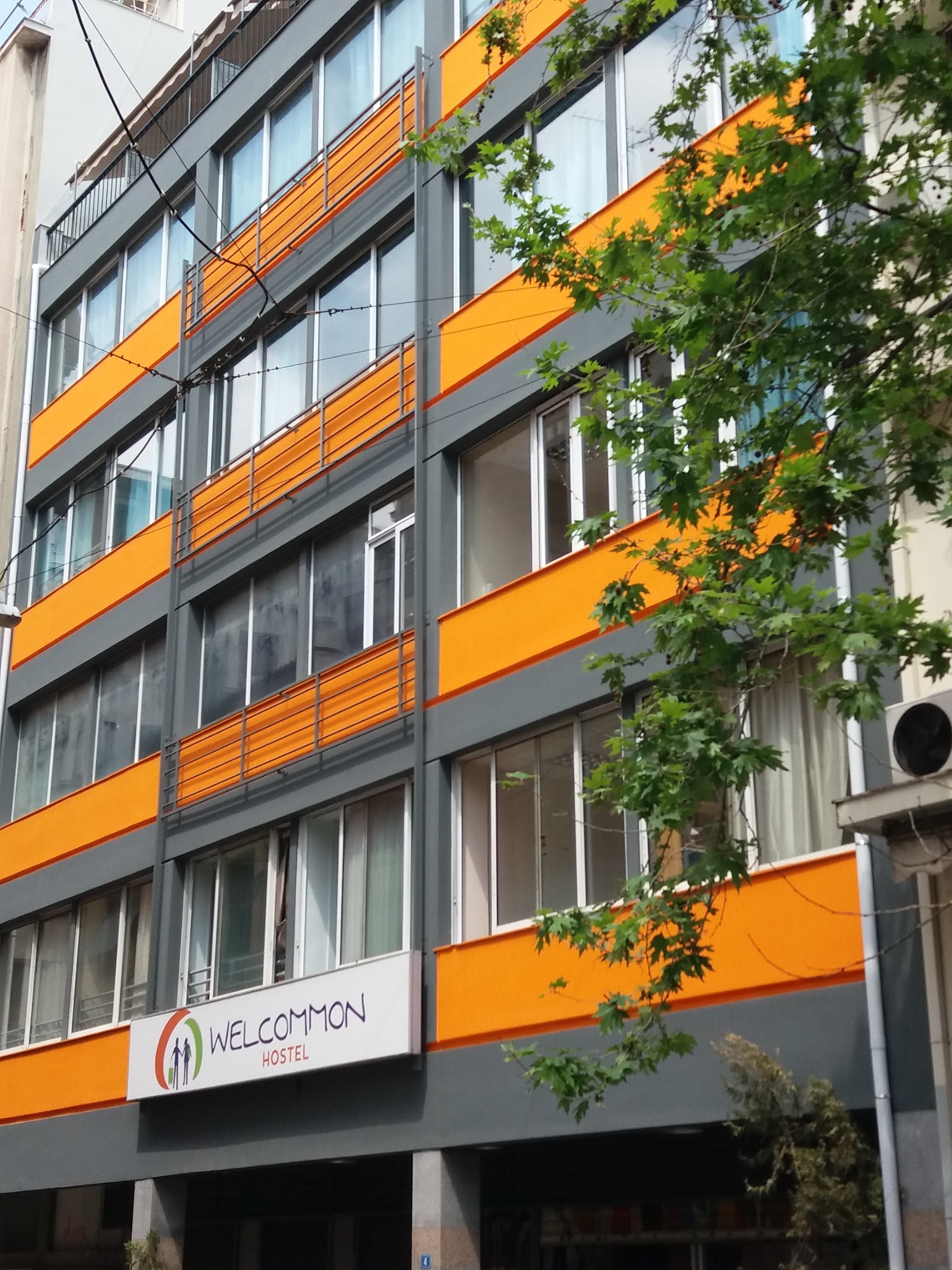
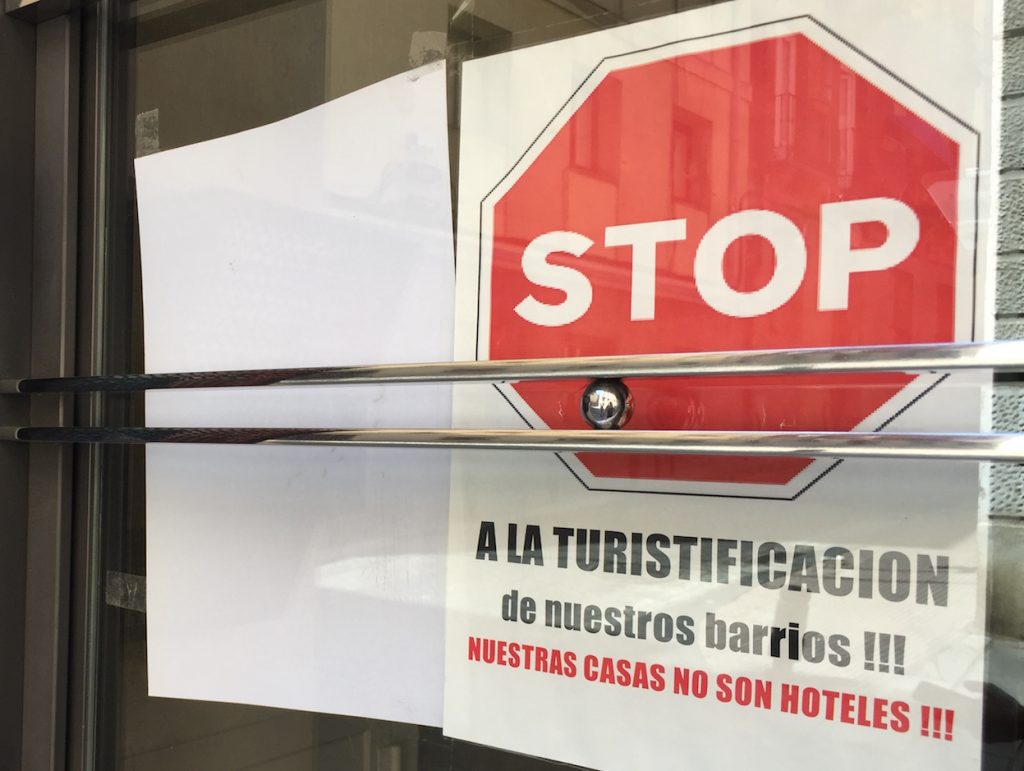
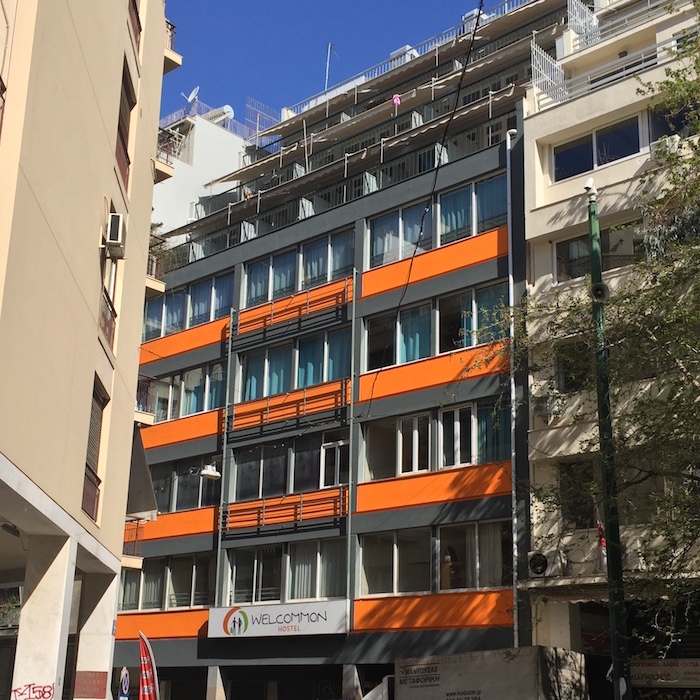
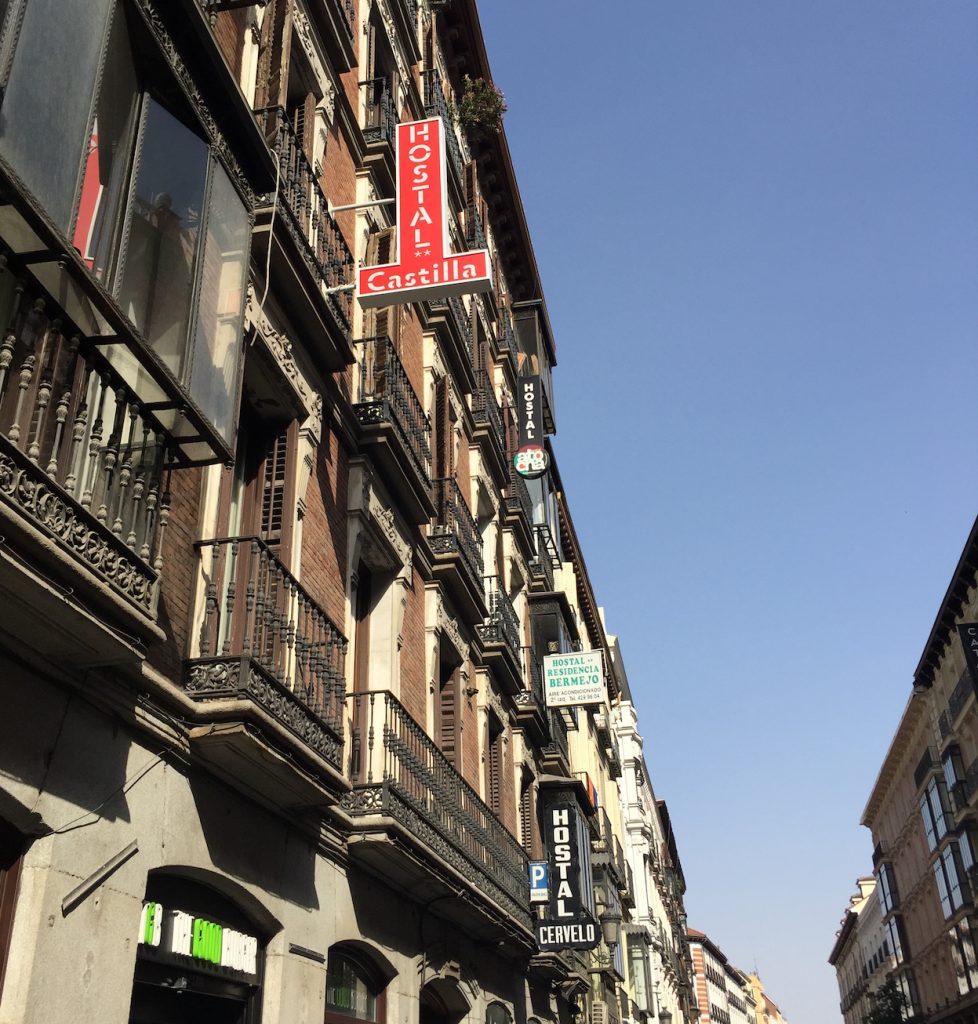
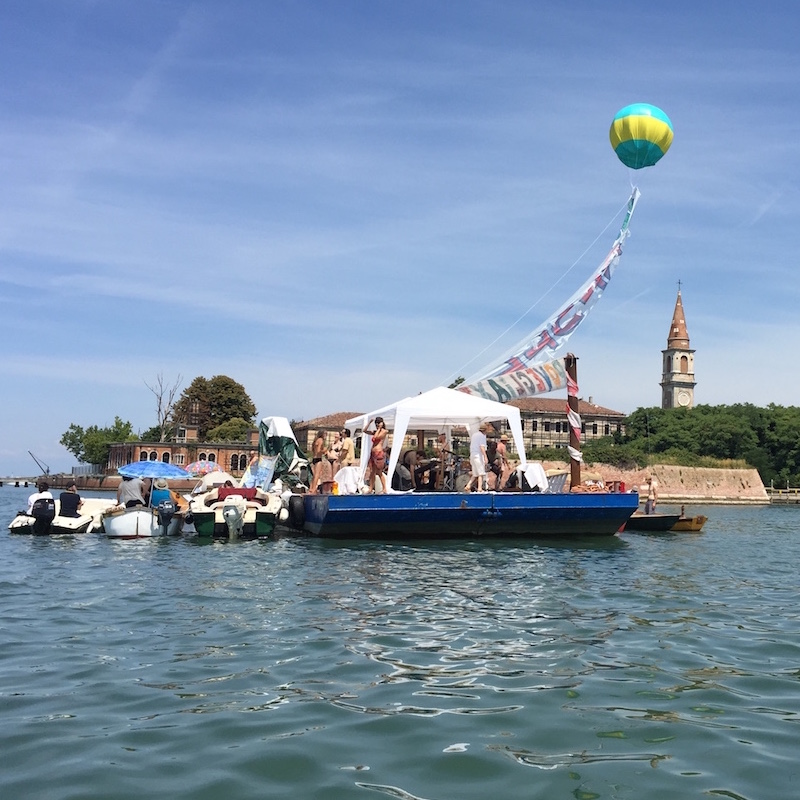
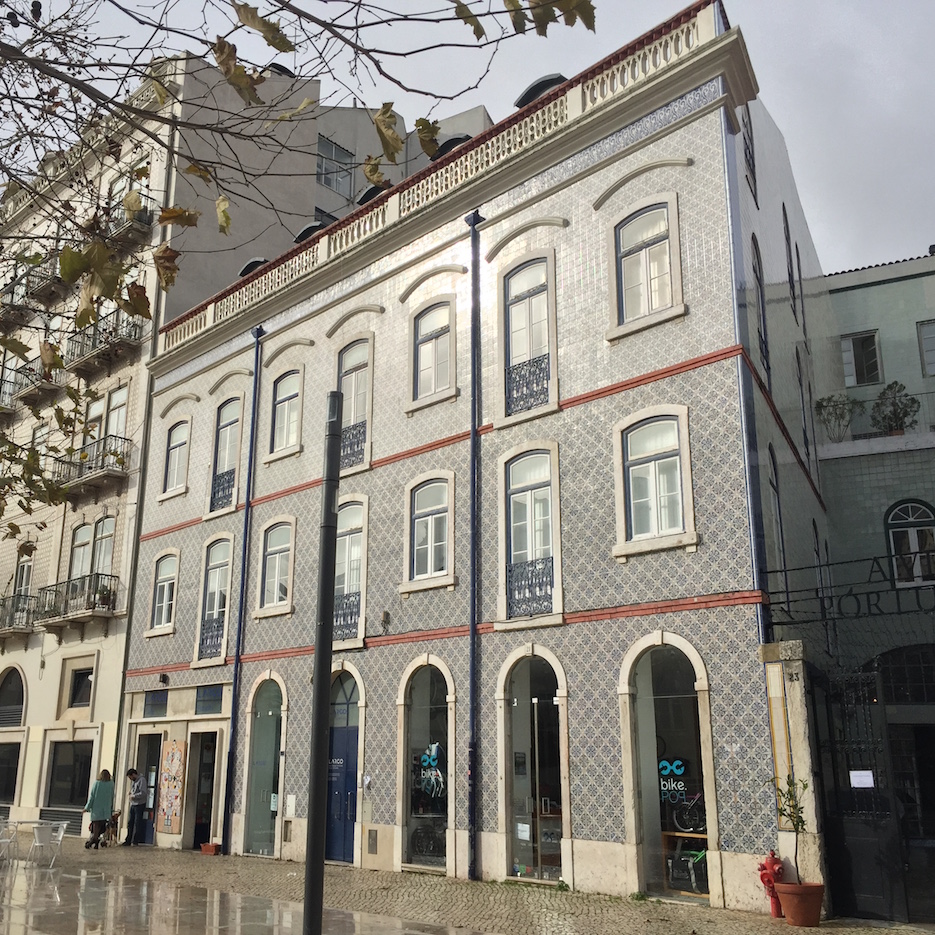
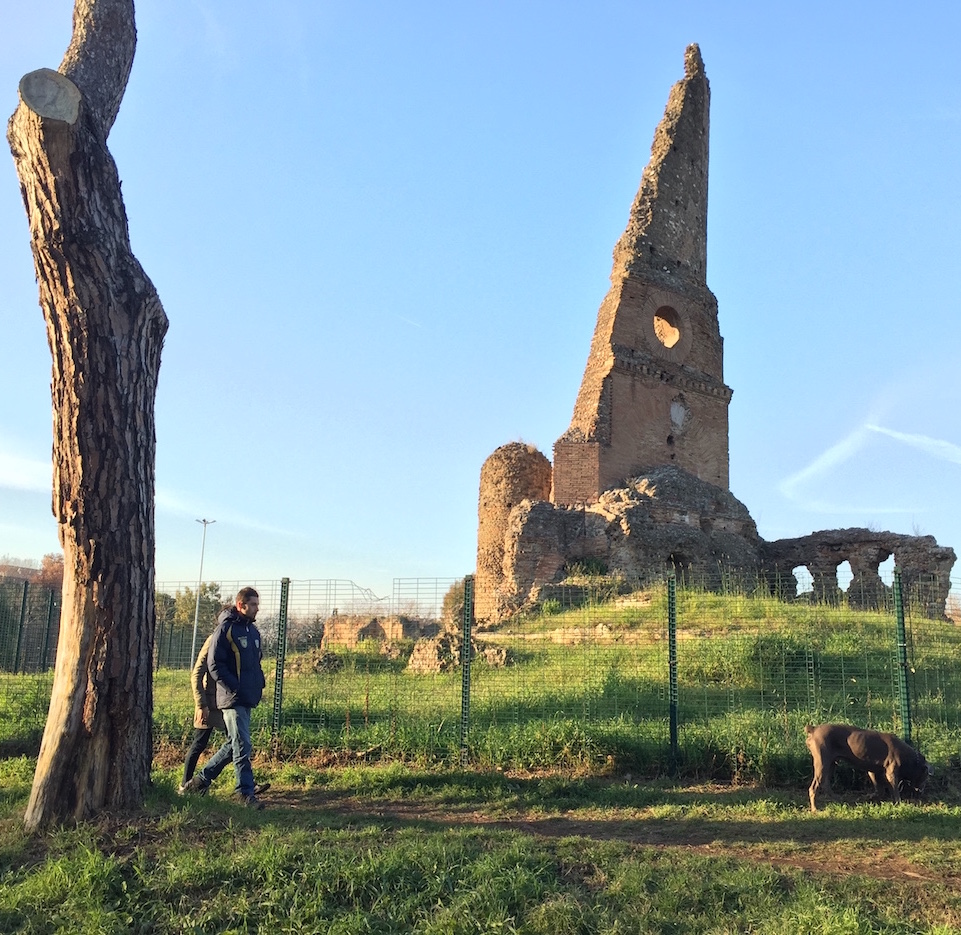
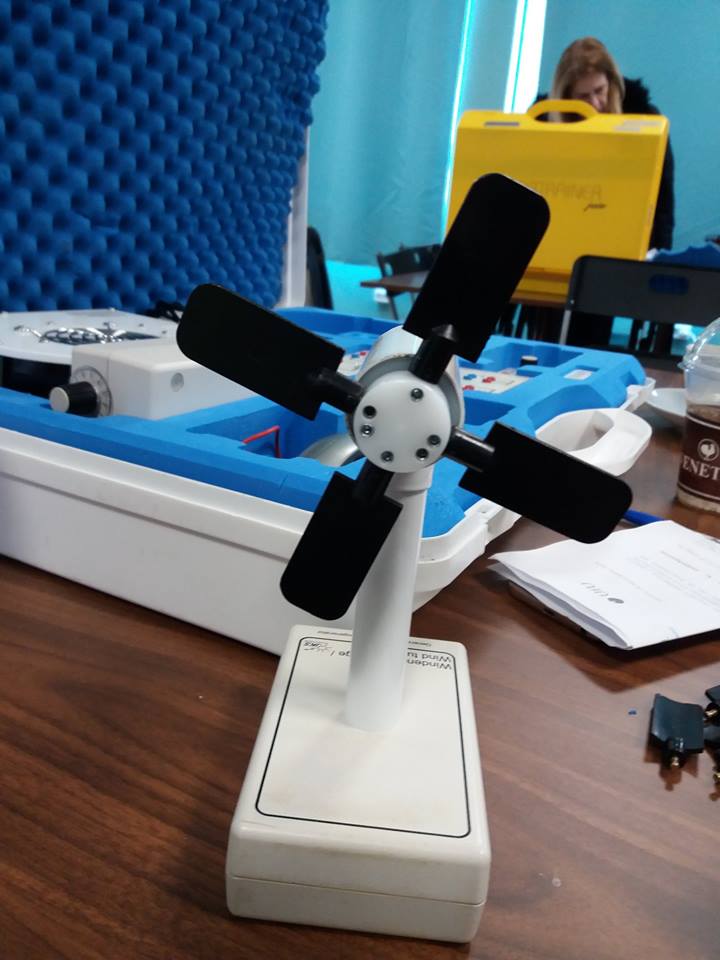
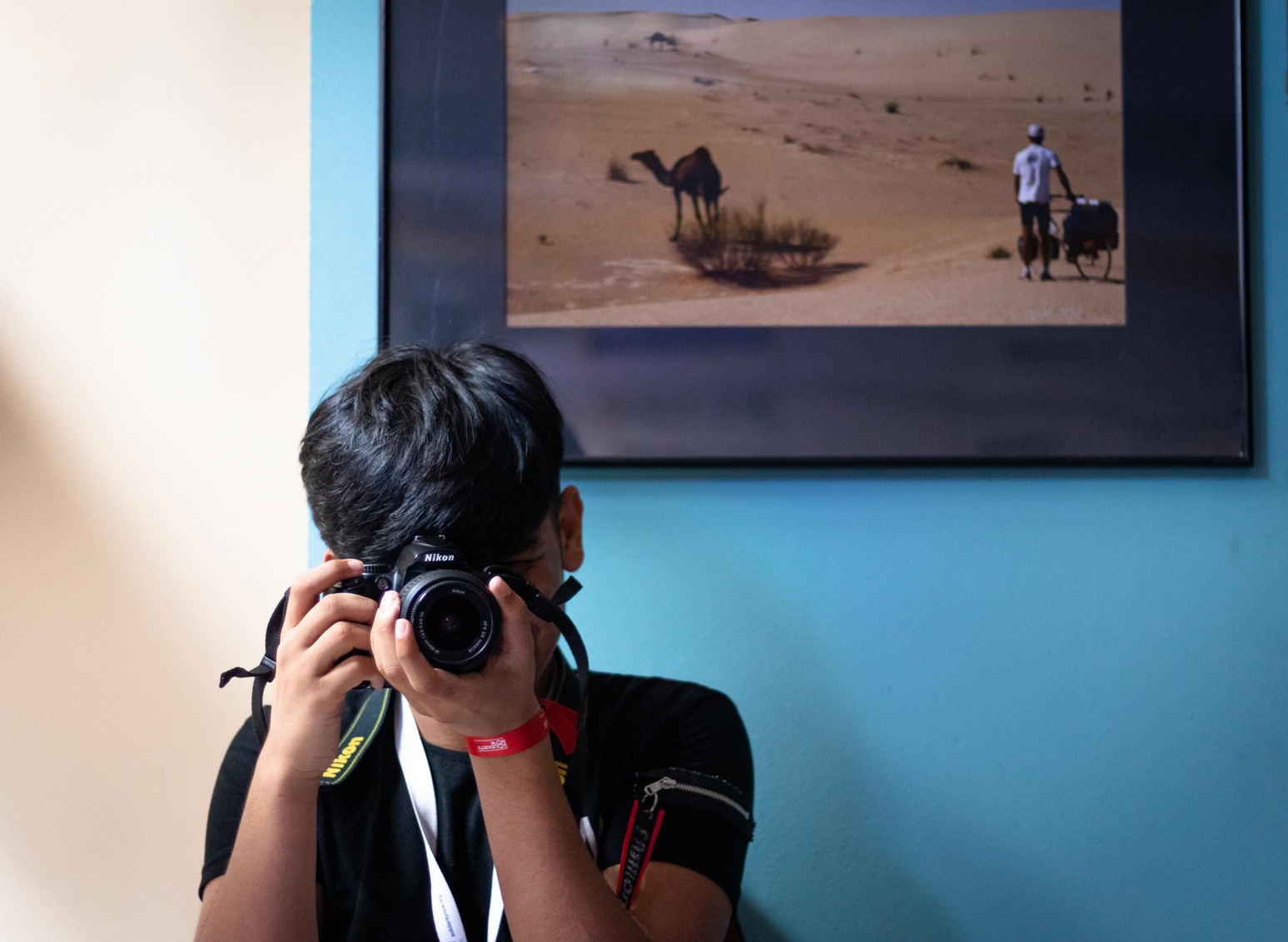
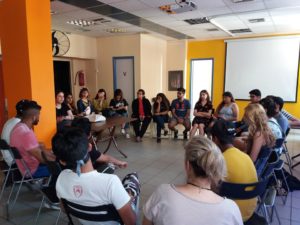
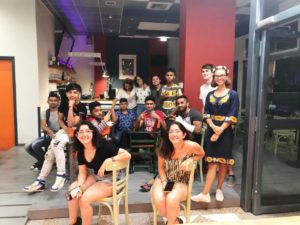
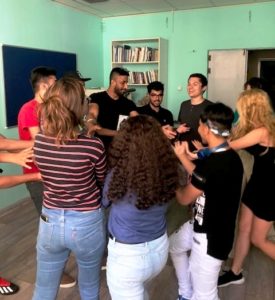
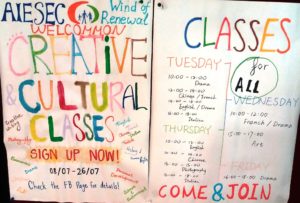
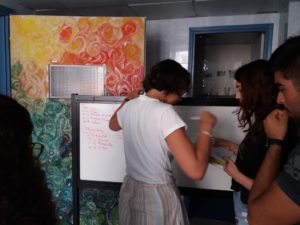
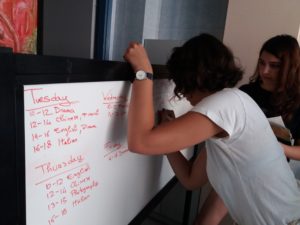
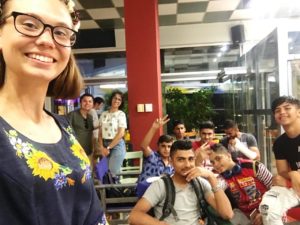
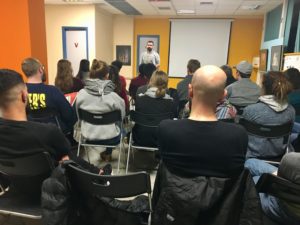
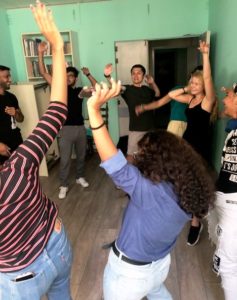
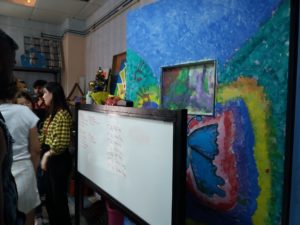
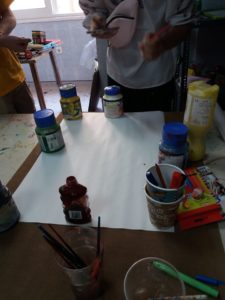
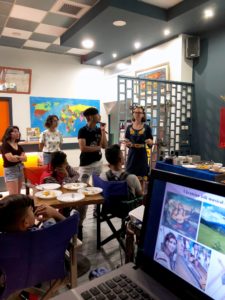
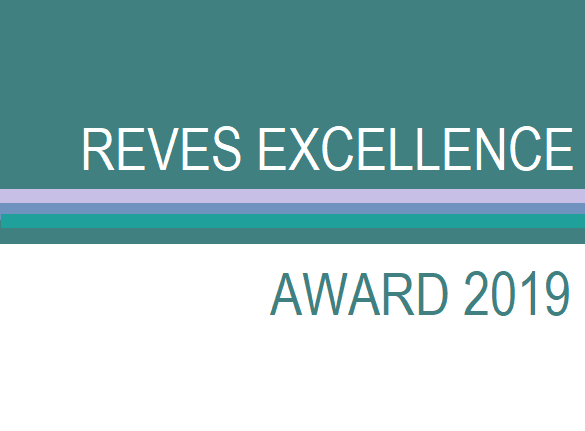
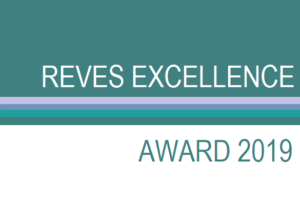
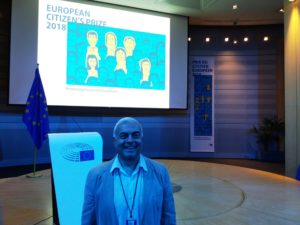
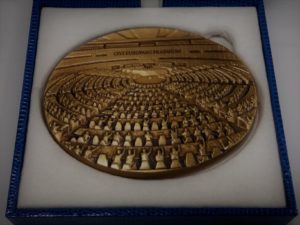
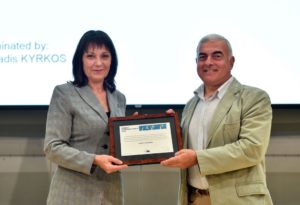
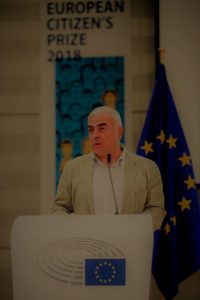
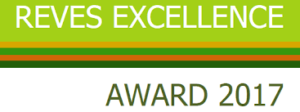
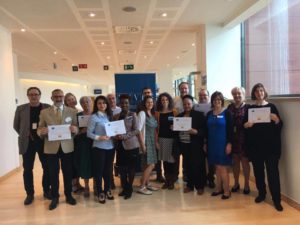
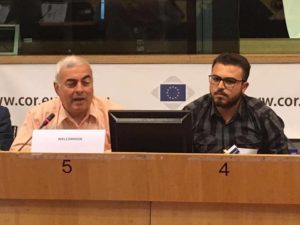
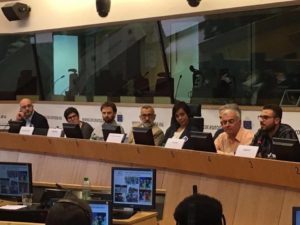
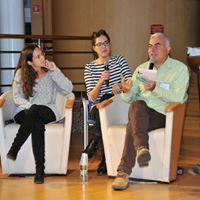
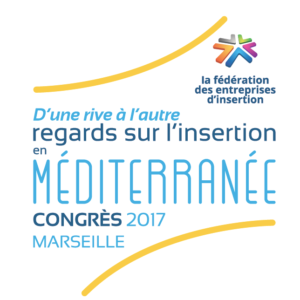
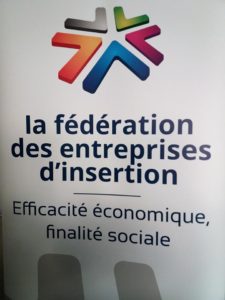
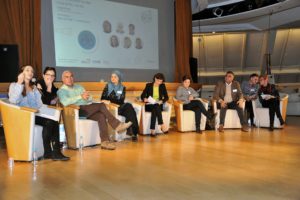
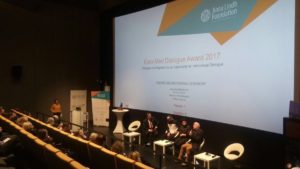
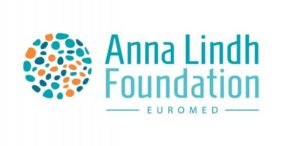
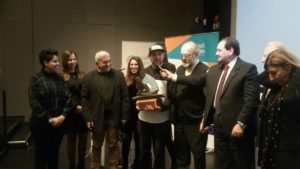
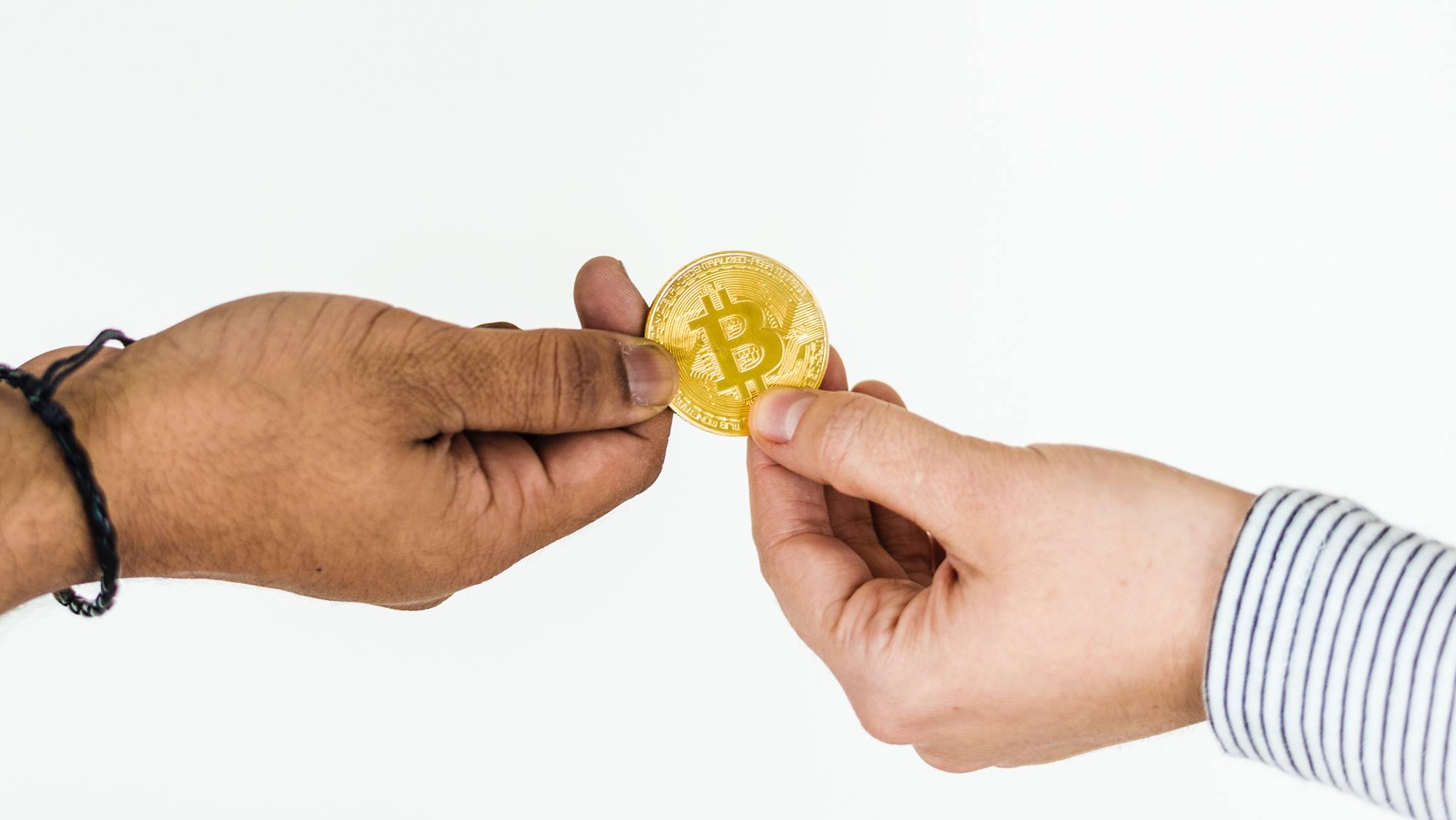
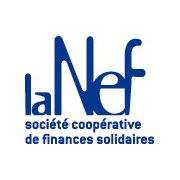
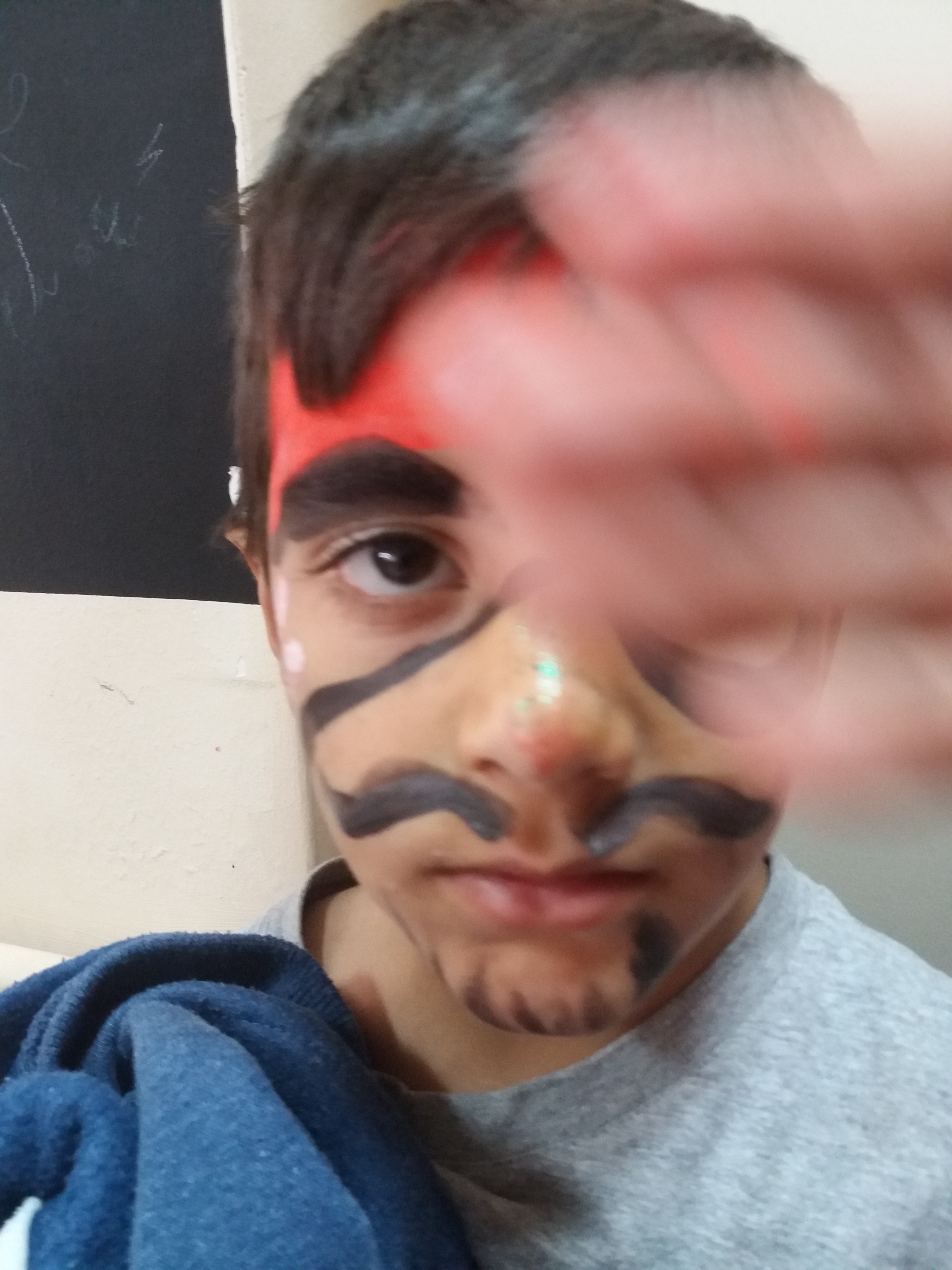
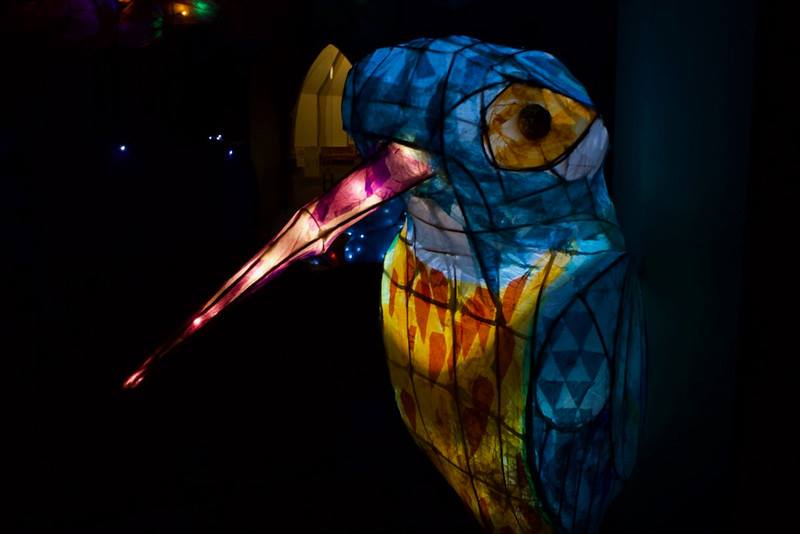
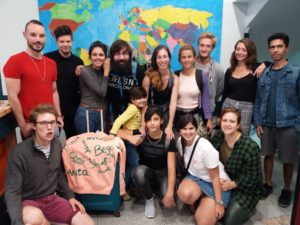
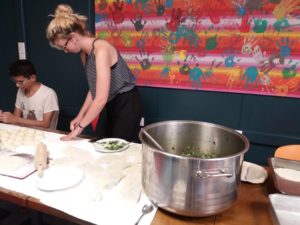
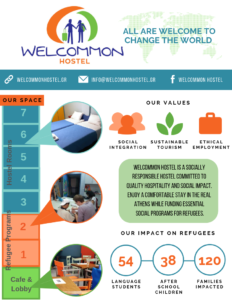 Since the funding for our social project ended in February 2018, we had to find ways of supporting ourselves financially entirely on our own! With a lot of effort, but without capiital or access to loans, we rebuilt the accommodation, so
Since the funding for our social project ended in February 2018, we had to find ways of supporting ourselves financially entirely on our own! With a lot of effort, but without capiital or access to loans, we rebuilt the accommodation, so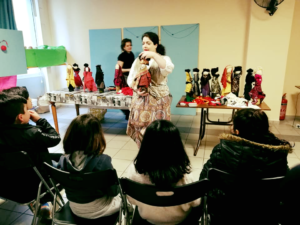
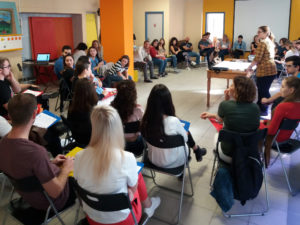
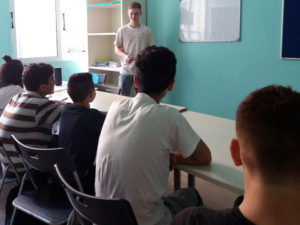
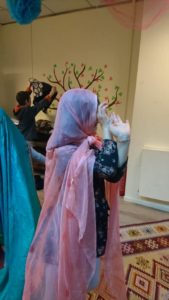
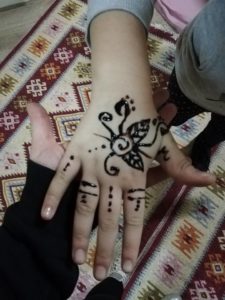
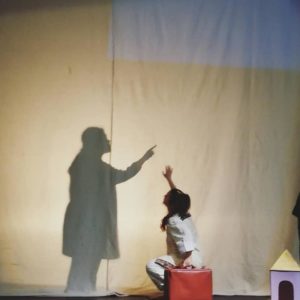
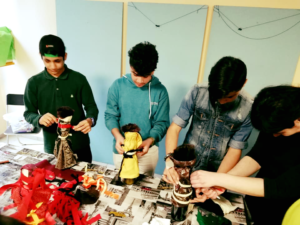
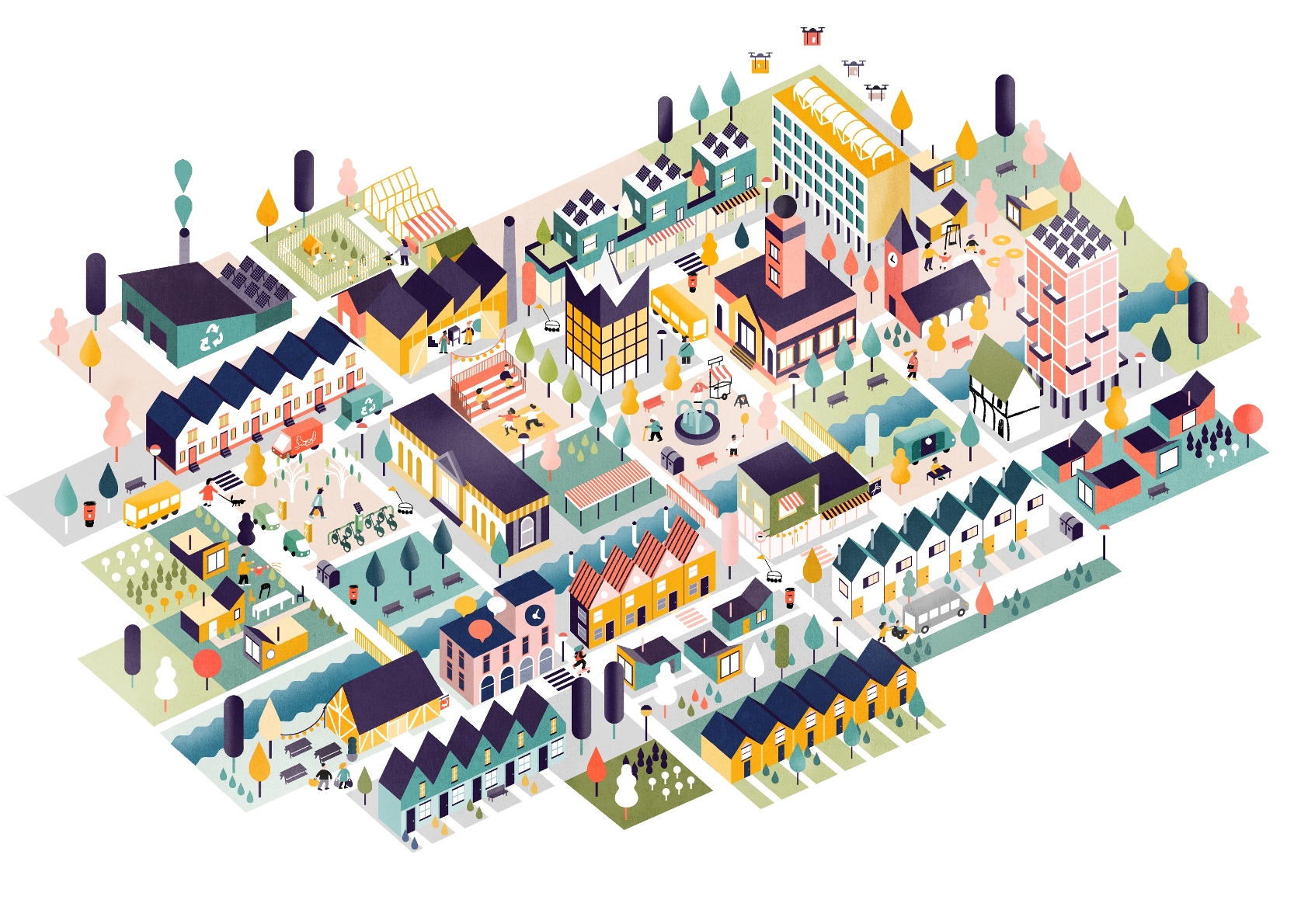
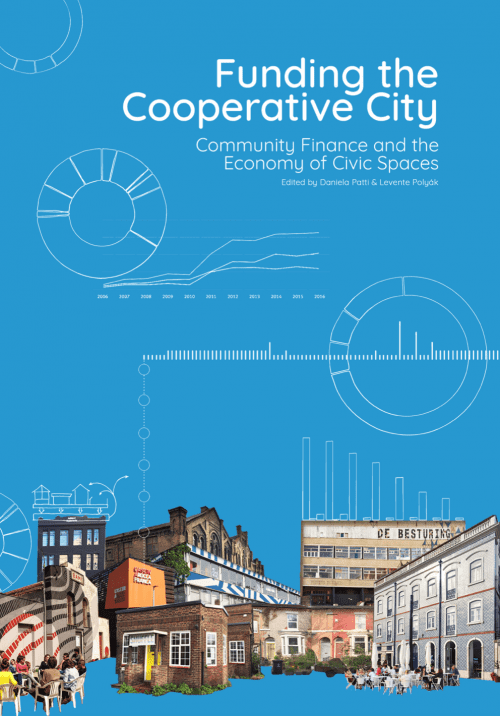

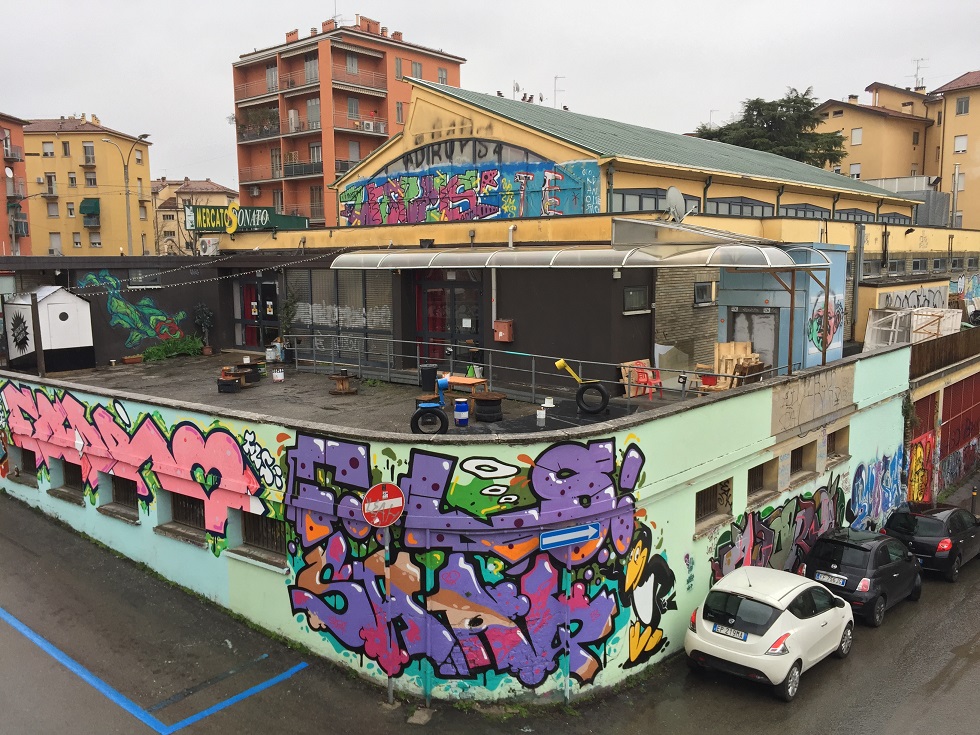


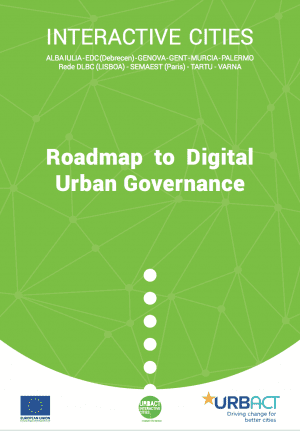
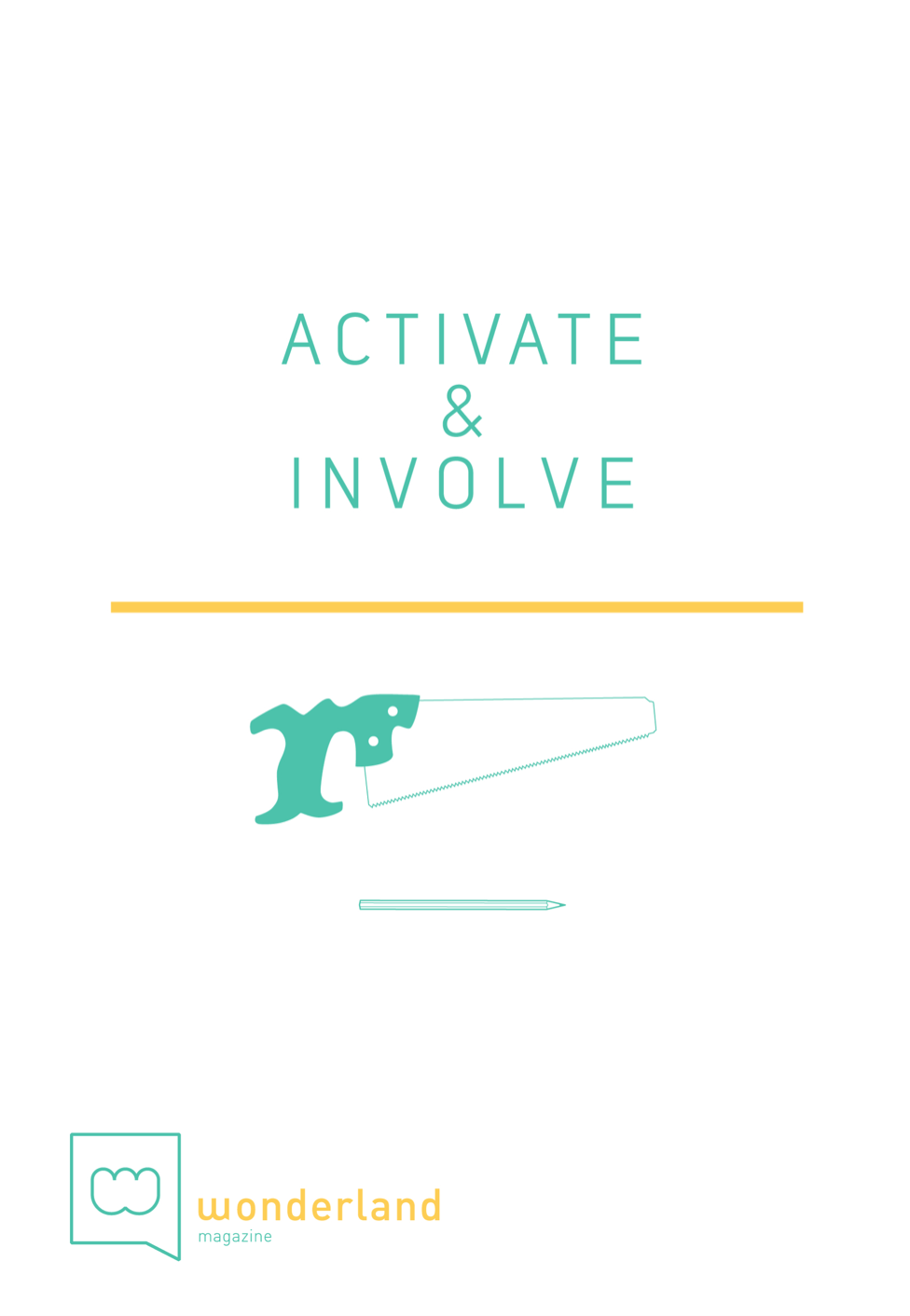
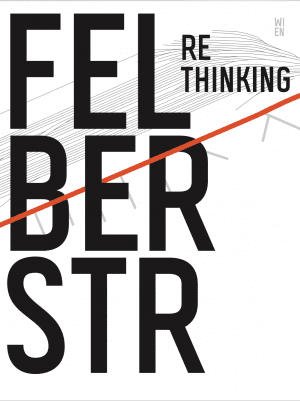
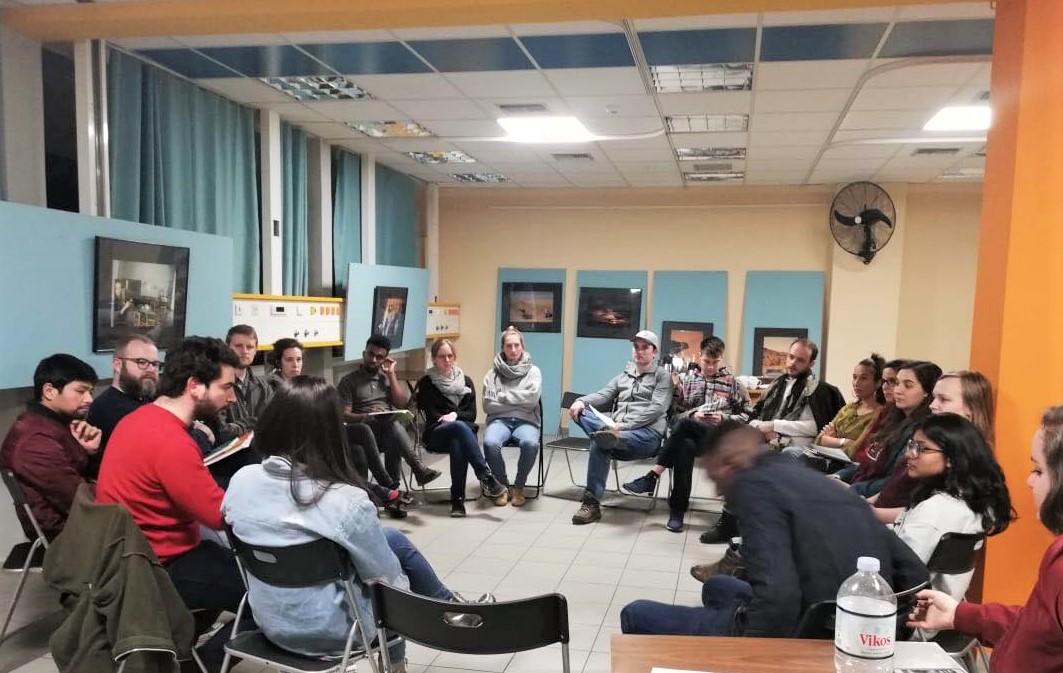
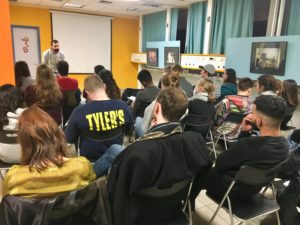
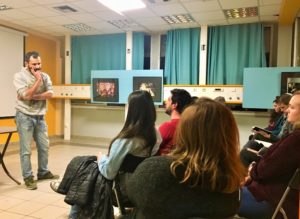
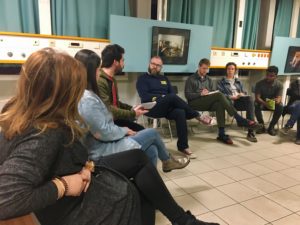
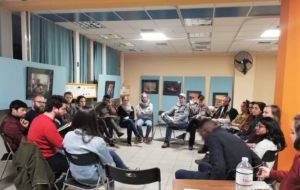
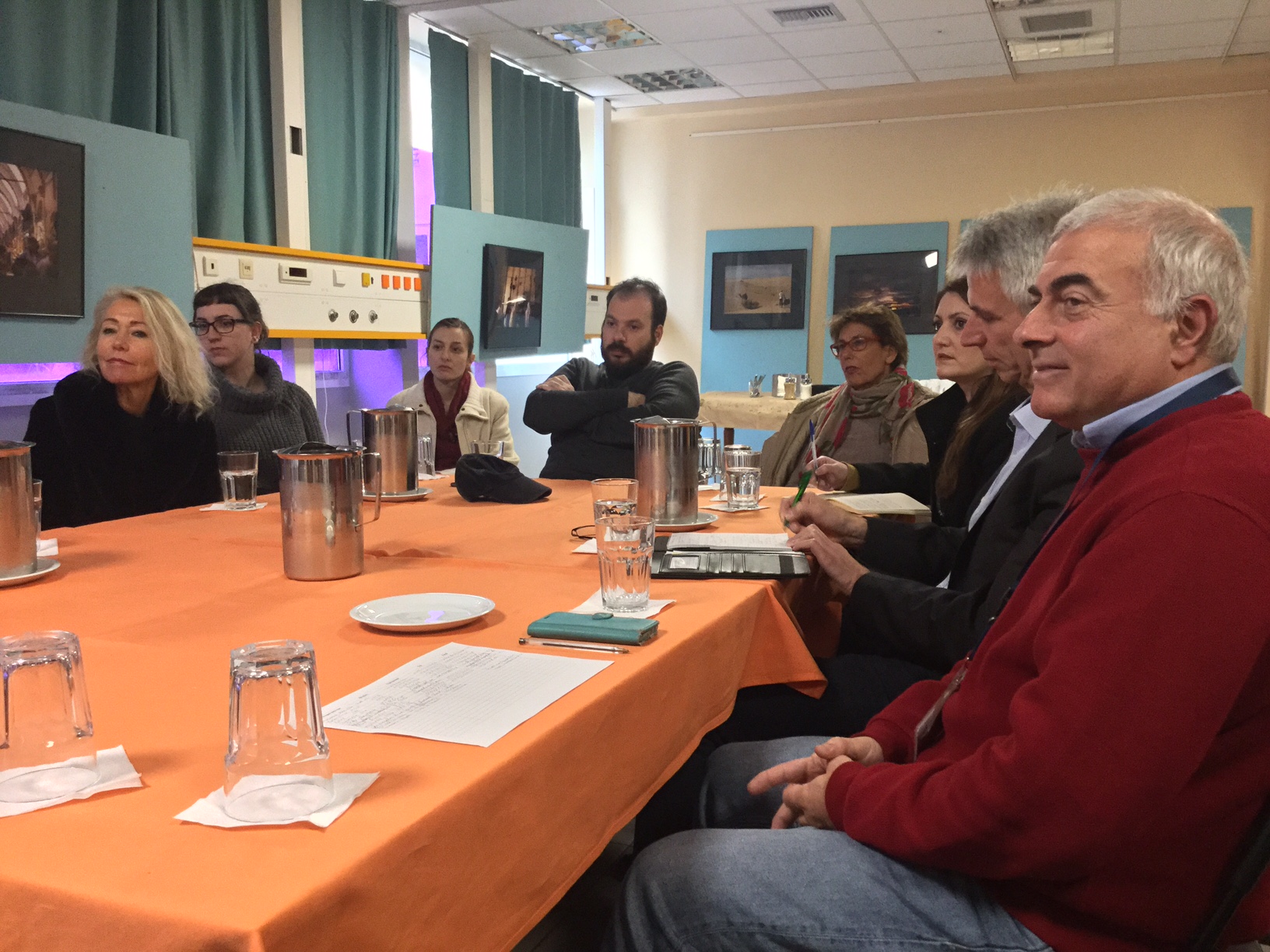
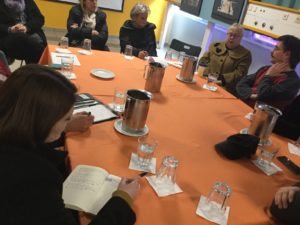
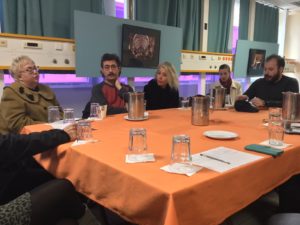
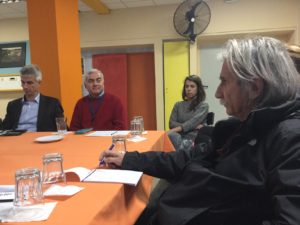
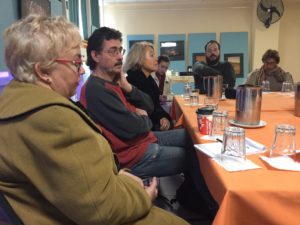
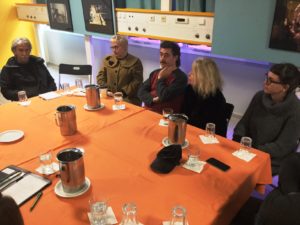

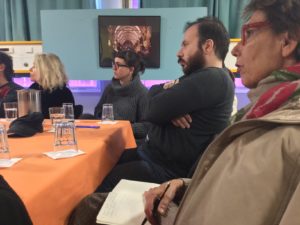
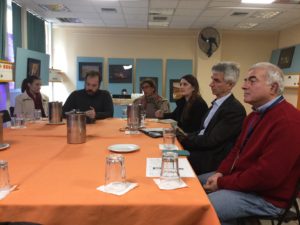
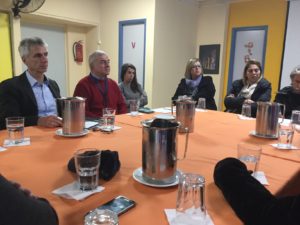
Recent Comments